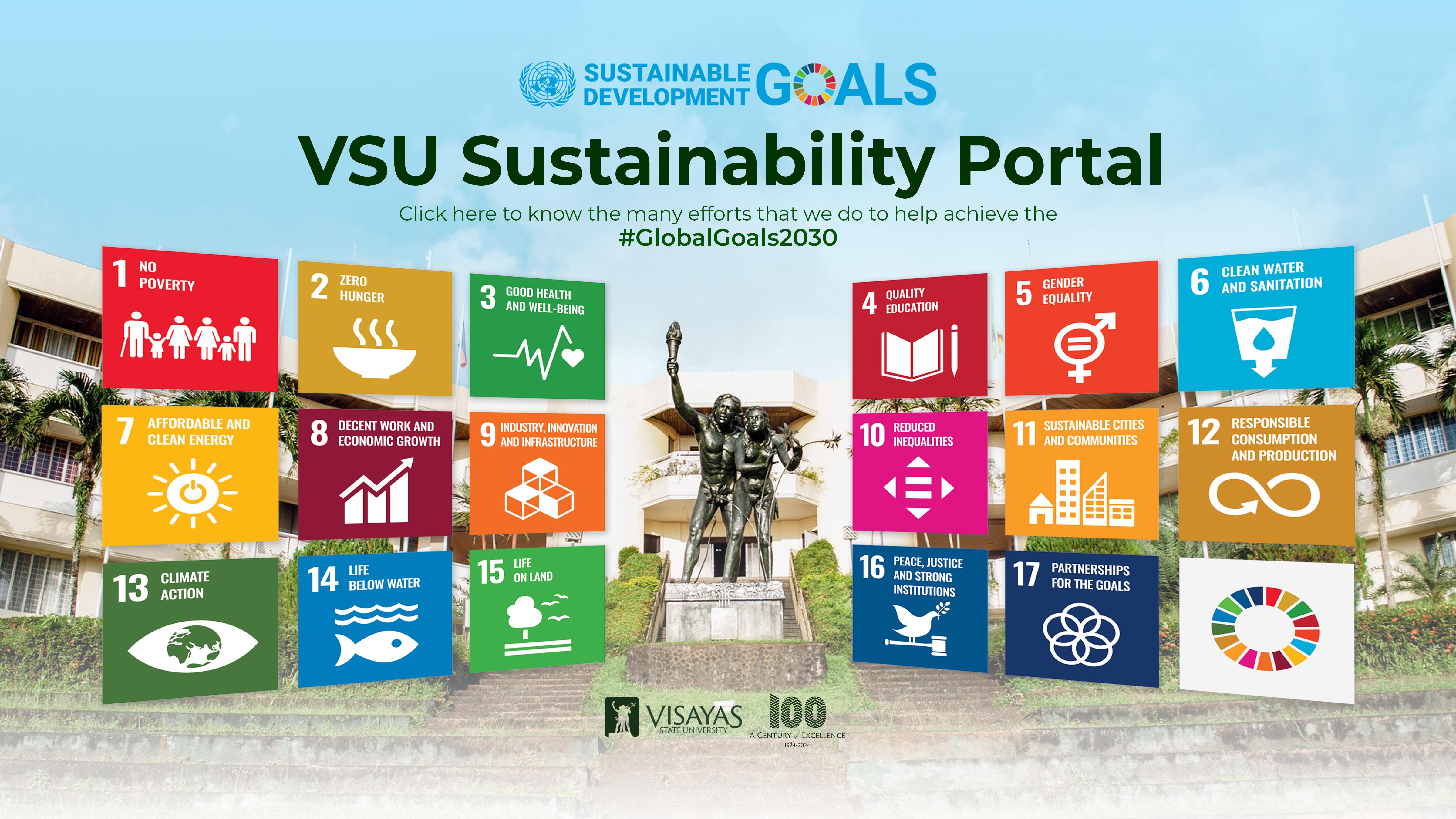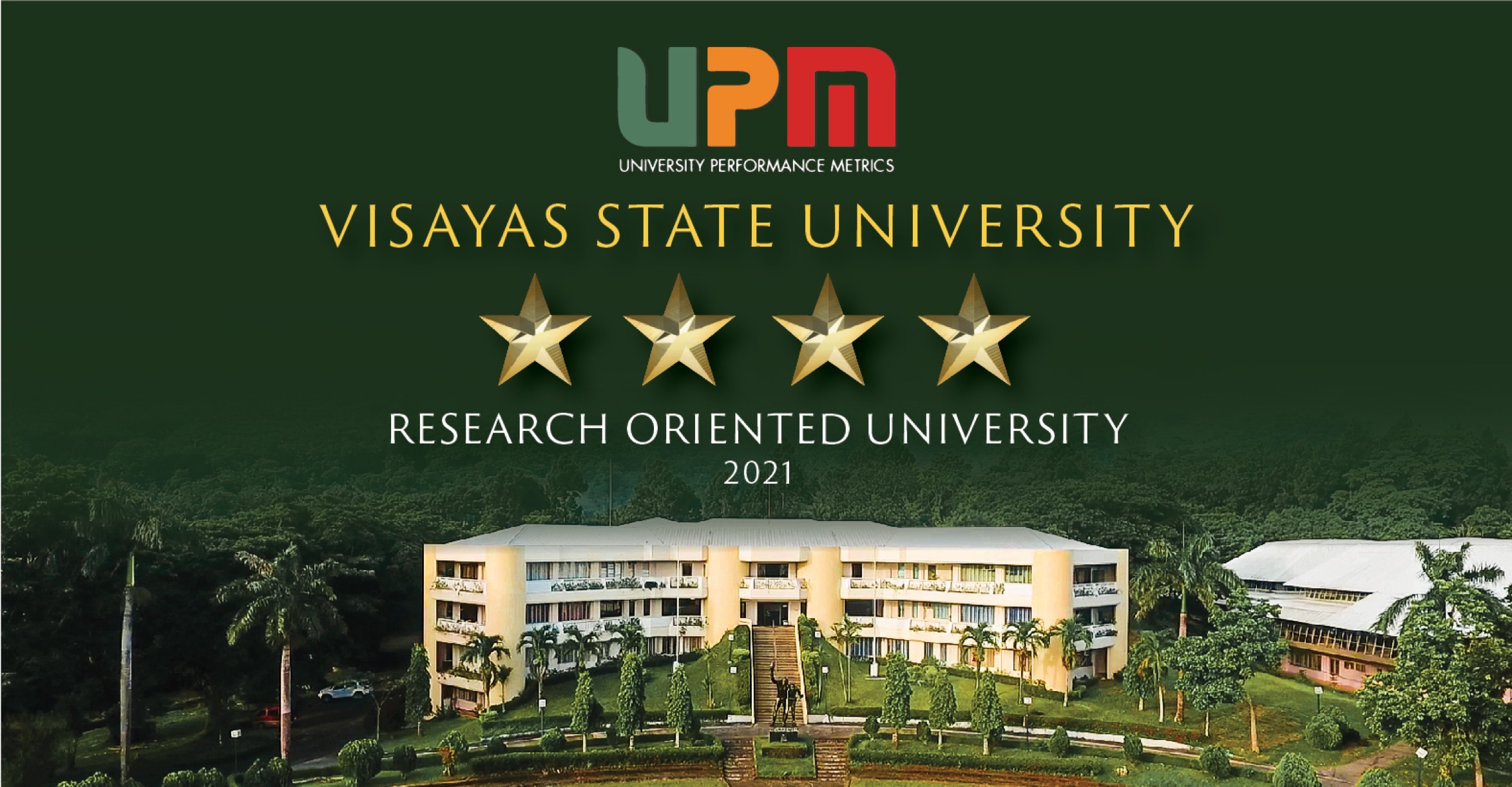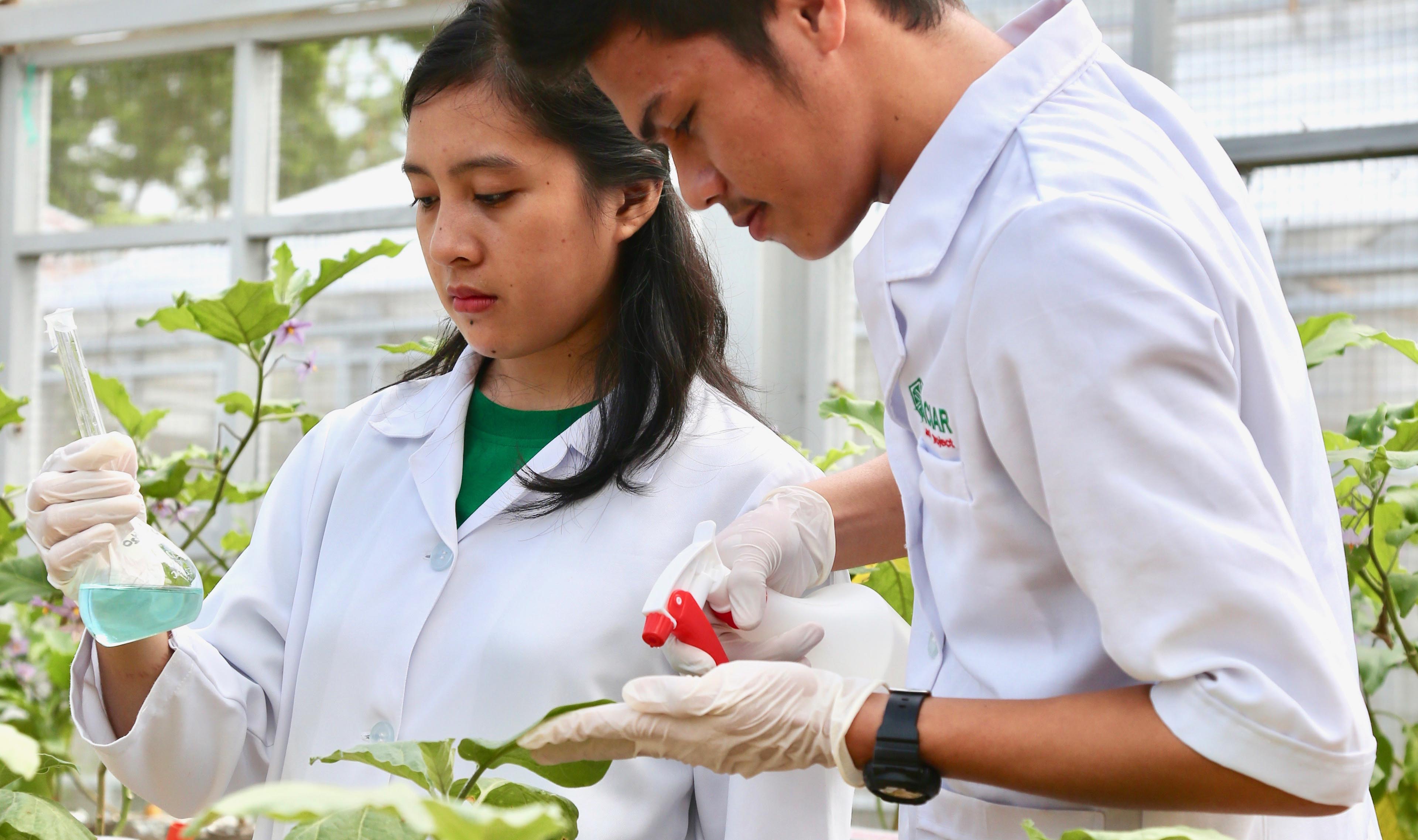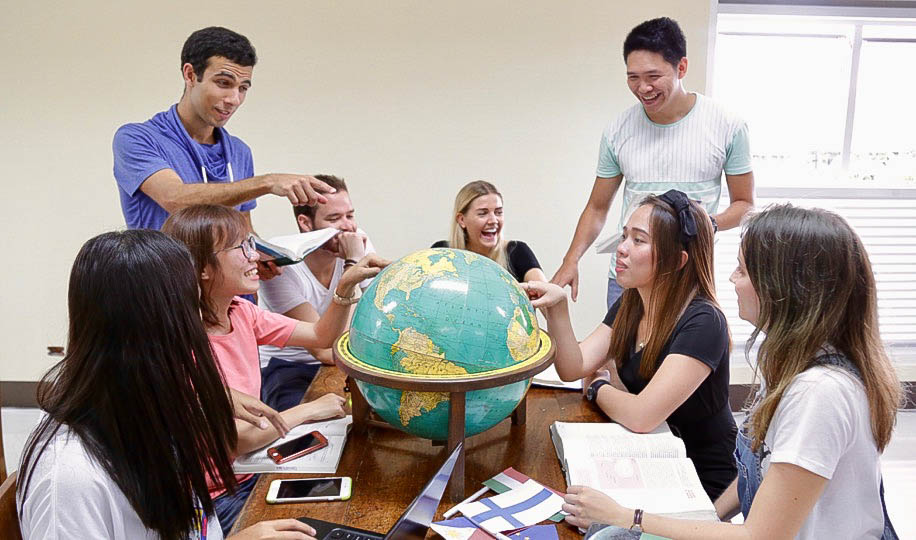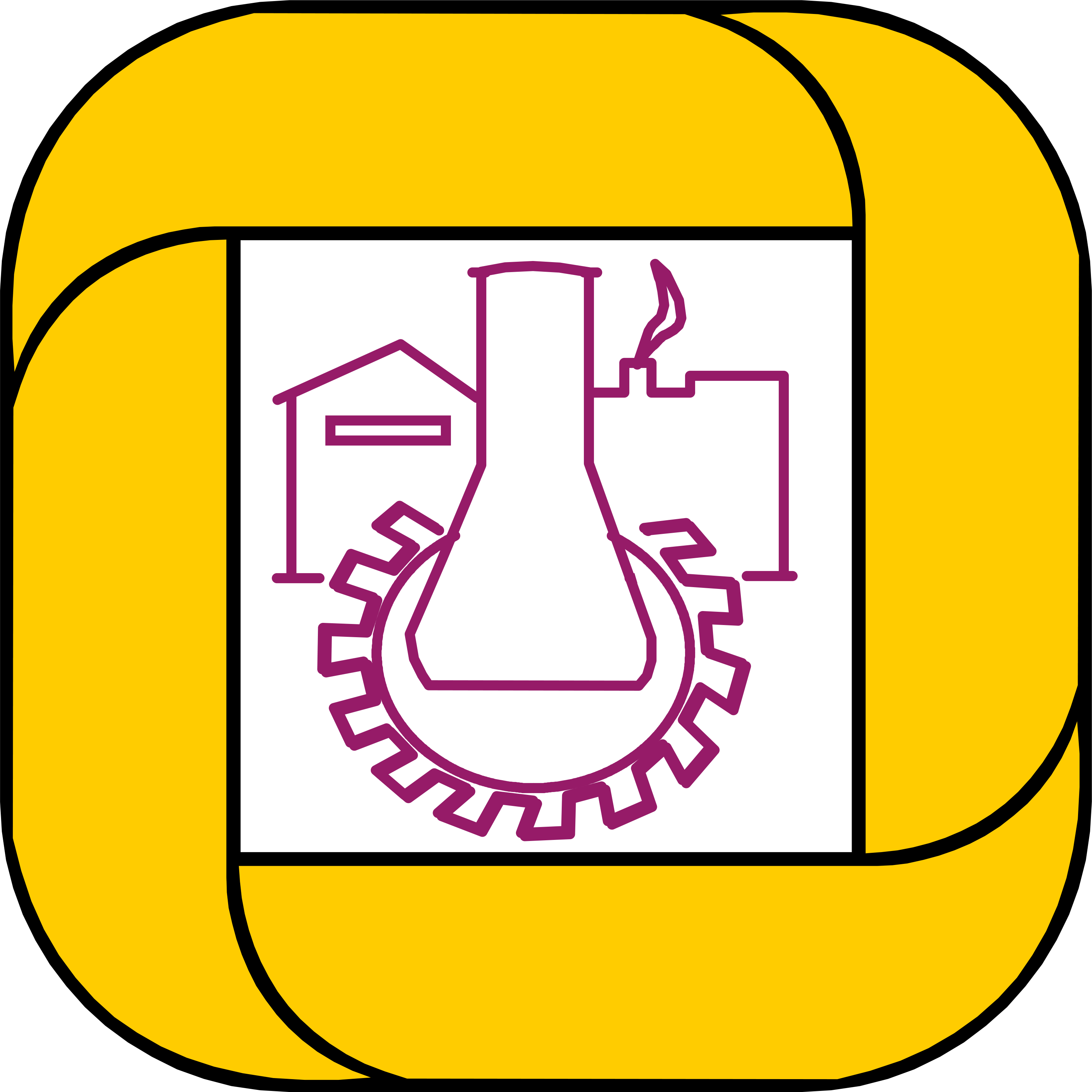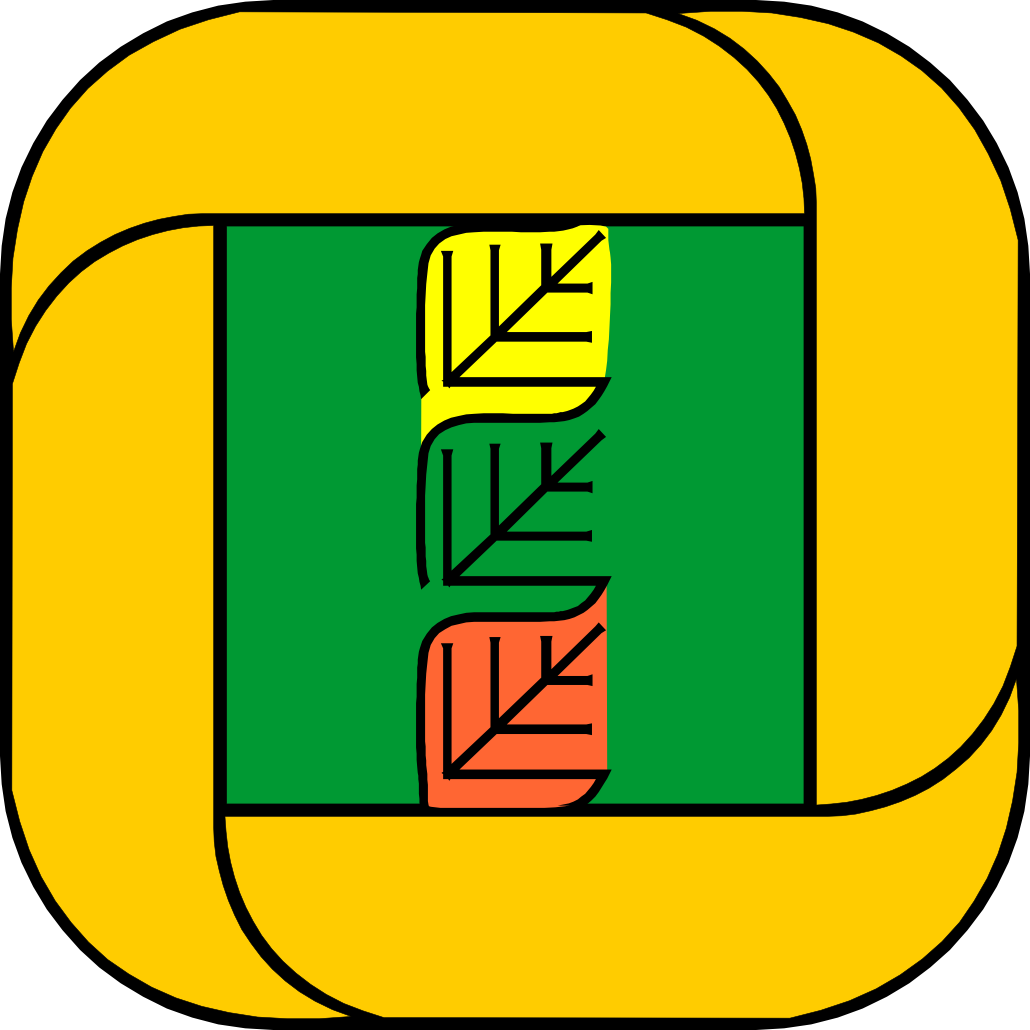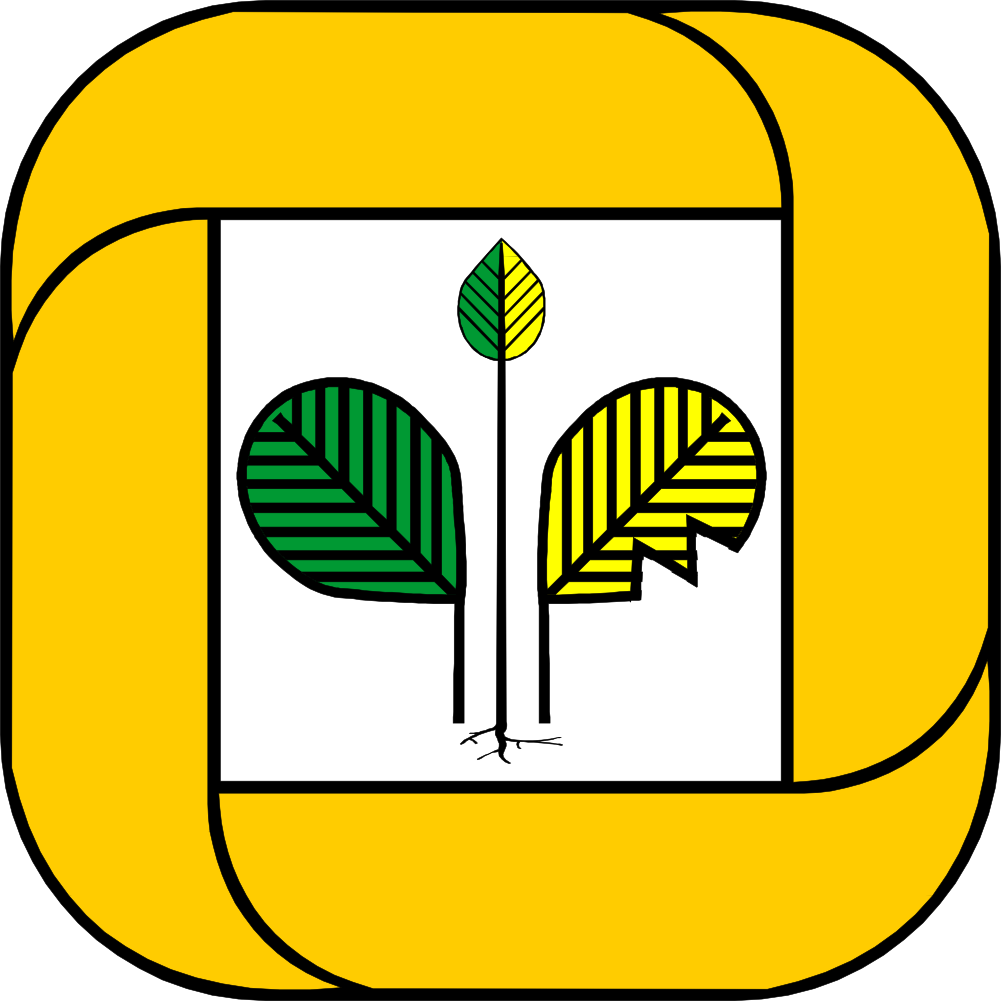Informational
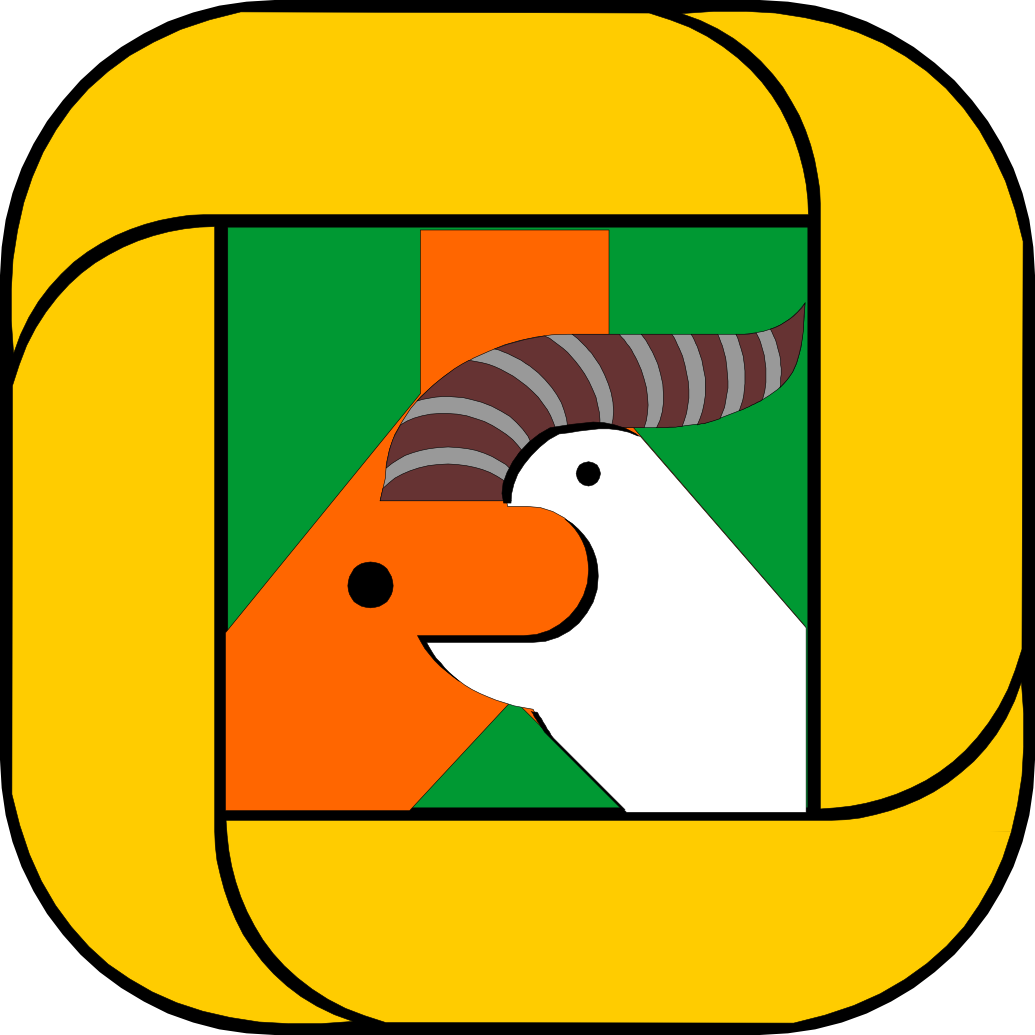 The sole department under the college of agriculture dealing with animals, the Department of Animal Science is a pillar for instruction, research, and extension in animal science offers the Bachelor in Animal Science (BAS) with majors in Animal Production and Animal Health, Master of Science (MS), and Doctor of Philosophy (Ph.D.) programs of the Visayas State University.
The sole department under the college of agriculture dealing with animals, the Department of Animal Science is a pillar for instruction, research, and extension in animal science offers the Bachelor in Animal Science (BAS) with majors in Animal Production and Animal Health, Master of Science (MS), and Doctor of Philosophy (Ph.D.) programs of the Visayas State University.
The department has two divisions – Animal Production and Animal Health.
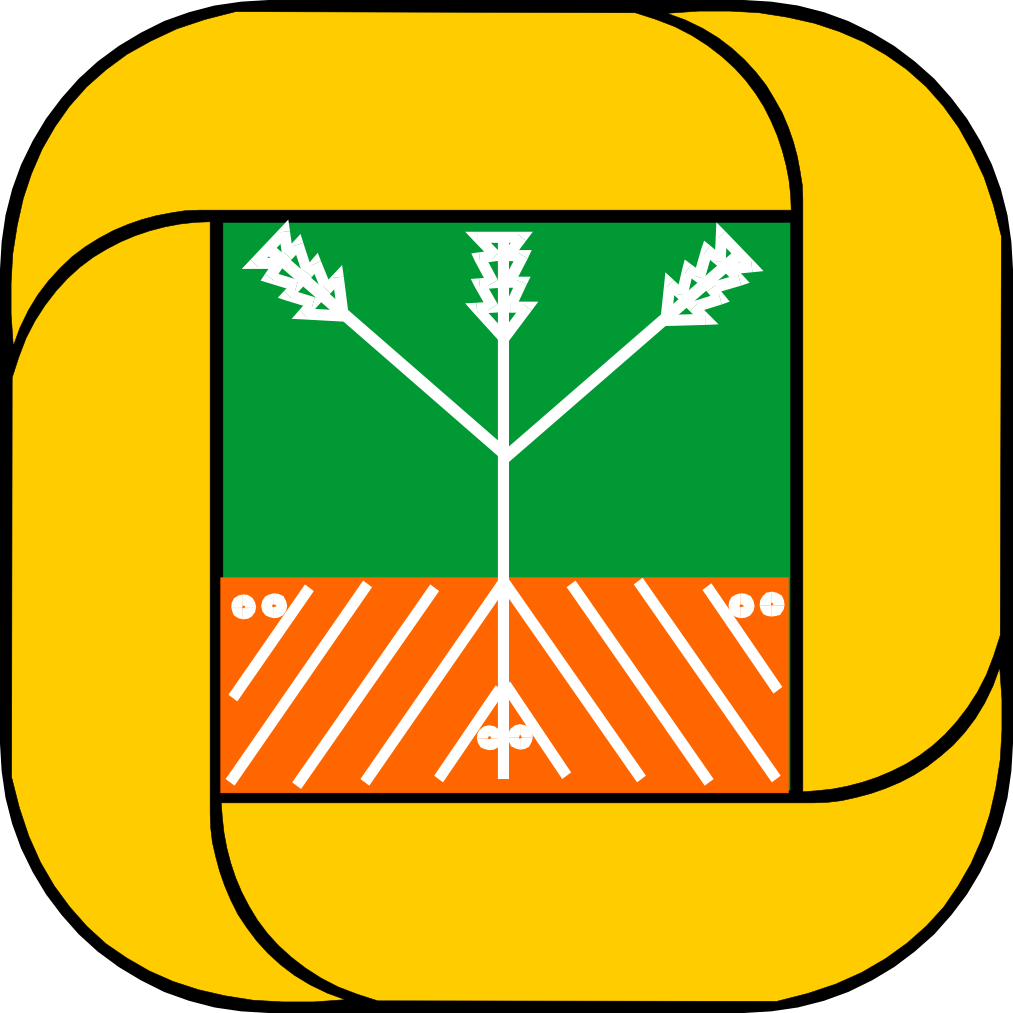 The Department of Agronomy and Soil Science (DASS) is among the very first departments created when this institution was converted into a state college in 1974. Many of its graduates are now successful professionals in various parts of the Philippines and abroad. The department has also produced graduates who became topnotchers in the Agriculturists Board Examination given by the Professional Regulatory Commission of the Philippines.
The Department of Agronomy and Soil Science (DASS) is among the very first departments created when this institution was converted into a state college in 1974. Many of its graduates are now successful professionals in various parts of the Philippines and abroad. The department has also produced graduates who became topnotchers in the Agriculturists Board Examination given by the Professional Regulatory Commission of the Philippines.
The Department is composed of two sections:
Agronomy Section
Agronomy is an agricultural science dealing with field crop production and management. In recent years, Agronomy has broadened itself to answer issues regarding sustainable development. Also, the impacts of existing production systems on total plant production, the environment, and human health are now a major concern of Agronomy.
Soil Science Section
Soils are the Earth's living skin. They are major support systems of human life and welfare. Soil Science is the ecological earth science that deals with the characterization, management, and protection of soil resources in the forest, agricultural, wetland, and urban ecosystems.
Curricular Offerings
Agronomy:
Bachelor of Science in Agriculture (BSA) major in Agronomy
- Master of Science (MS) in Agronomy
- Master in Agricultural Development (MagDev) in Agronomy
- Ph.D. in Agronomy (currently proposed)
Specializations :
- Crop Production and Management
- Crop Physiology
- Seed Technology
- Farming Systems
- Forage and Pasture
Soil Science:
Bachelor of Science in Agriculture (BSA) major in Soil Science
Master of Science (MS) in Soil Science
Specializations:
- Pedology
- Soil Conservation
- Soil Chemistry
- Soil Fertility and Plant Nutrition
- Soil Microbiology and Biochemistry
- Soil Physics
- Soil Survey and Land Use
Research Thrusts
Agronomy
- Sustainable agriculture
- Crop production and management
- Pasture crop improvement
- Development of low input agricultural technology
- Response of crops to environmental stresses
- Seed technology
Soil Science
- Characteristics of soils in forest and agricultural ecosystems
- Formation and degradation of volcanic and limestone soils
- Effects of land-use change on soil characteristics and nutrient status
- Land suitability evaluation and mapping of soils
- Soil fertility evaluation and management of problems soils
- Soil pollution and remediation
- International Linkages
Some professors of the department maintain research collaborations with colleagues from noted foreign universities such as University of Hohenheim (Germany), University of Hawaii (USA), Cornell University (USA), Martin Luther University (Germany), National Taiwan University (Taiwan), Nagoya University (Japan), and United Nations University (Japan). Also, a professor in the department is an officer of the global organization of soil scientists, the International Union of Soil Sciences (IUSS).
Selected Publications
- Asio, V.B., C. C. Cabunos, and Z.S. Chen. 2006. Morphology, physicochemical characteristics and fertility status of soils formed from Quaternary limestone in Leyte, Philippines. Soil Science, USA, 171 (in press)
- Li, C.C., M.Y. Wu, V.B. Asio, and Z.S. Chem. 2006. Using soil quality indices to assess the effects of applying swine manure compost on soil quality under a crop rotation system in Taiwan, Soil Science, USA, 171:210-222
- Susaya, J.P., and V.B. Asio 2005. Status of phosphorus in the rain forest of Mt. Panagasugan, Leyte, Philippines. Annals of Tropical Research 27(2): 70-82
- Asio, V.B. 2005. Comments on the historical development of soil and weathering profile concepts from Europe and the United States of America. Soil Science of Society of American Journal, USA, 69: 571-572
- Ratilla, B.C. and R.G. Escalada. 2005. Time of incorporation of field legume herbage and its influence on the growth and yield of upland rice. Annals of Tropical Research 27:83-102
- Tulin, A.B., V.B. Asio, D.M. Campilan and S. Kawai. 2004. Characterization of nutrient deficiency symptoms in sweet potato through a farmer-scientist participatory approach. Annals of Tropical Research 26:141-167
- Cagasan, U.A. and B.C. Agarcio. 2004. Yield and economic returns of peanut and sweet corn as influenced by the timing of planting the crops in an intercropping scheme. Annals of Tropical Research 26: 1-22
- Javier, R.R. 2003. Cultural management manipulation for baby corn production. I. Effects of variety and organic fertilizer application on baby corn. Annals of Tropical Research 24: 34-47
- Villamayor, F.P. 2000. Selecting the best site for a sanitary landfill. Philippine Journal of Science 129: 47-49
- Chen, Z.S., T.C. Tsou, V.B. Asio and C.C. Tsai. 2001. The genesis of Inceptisols on a volcanic landscape in Taiwan. Soil Science, USA, 166:255-266
- Asio, V.B. R. Jahn, K. Stahr, and J. Margraf. 1998. Soils of the tropical forest of Leyte, Philippines. 2. Impact of different land uses on the status of organic matter and nutrient availability. In: Soils of Tropical Forest Ecosystems (A. Schulte and D. Ruhiyat, eds.). Springer Verlag, Berlin-Heidelberg-New York, pp: 37-44
- Asio, V.B. Jahn R., Stahr, K. 1999. Changes in the properties of volcanic soil (Andisol) in Leyte due to the conversion of forest to other land uses. The Philippine Journal of Science 128: 1-13
- Asio, V.B. and Chen, Z.S. (1998): Study of and site weathering in Northern Taiwan using micromorphological approaches. Taiwan Journal of Forest Science 13:259-269
- Asio, V.B. and Badayos, R.B. 1998. Biological accumulation of calcium carbonate in some lowland rice soils in the Philippines. The Philippine Agriculturist 81:176-181
- Escalada, R.G. B.C. Ratilla. 1998. Effects on Leucaena biomass application in comparison with inorganic fertilizer on cassava and taro yields in the Philippines. Agroforestry Systems 41:251-266
- Asio, V.B. 1996. Characteristics, weathering, formation, and degradation of soils from volcanic rocks in Leyte, Philippines. Hohenheimer Bodenkundliche Hefte vol. 33, Stuttgart, Germany, 209 pp. (book)
Facilities & Resources
Lecture rooms, audio-visual room, soil & plant analysis lab, soil microbiology lab, soil science teaching lab, pedology & geo-ecology teaching lab, agronomy teaching lab, department library, graduate student room, computer room, conference room, screen houses, field station & experimental site, seed storage facility, and vehicles.
 History
History
The Visayas State University - Villaba Campus (College of Education and Agricultural Technology) started in 1974 as Villaba High School operating under the General Education Program.
Significant events followed: 1.) June 1960 - with the approval of RA 2425 the school was converted into Villaba Rural High School and was operating under the defunct Bureau of Vocational Education; 2.) August 12, 1968 - the school was converted into the Leyte National Agricultural College and authorized to offer Bachelor of Science in Agriculture, Bachelor of Science in Agricultural Education and agricultural technician courses. 3.) May 25, 1995 - RA 8009 was approved changing the name of the college into the Leyte National College of Agriculture, Science and Technology and expanding its curricular offerings to include: Arts and Sciences, Forestry, Engineering, Veterinary Medicine in addition to the existing programs. 4.) October 31, 1999 - LNCAST was integrated to the Visayas State College of Agriculture and later it was converted to Leyte State University (now the Visayas State University) as one of its satellites under the VSU system as mandated in RA 7722 and 8292.
Vision
VSU -VC as a center of excellence in science and technology, teacher education and allied courses in Northwestern Leyte.
Mission
Attainment of the highest human capital and scientific knowledge in agriculture, science and technology, teacher education and allied courses in Northwestern Leyte.
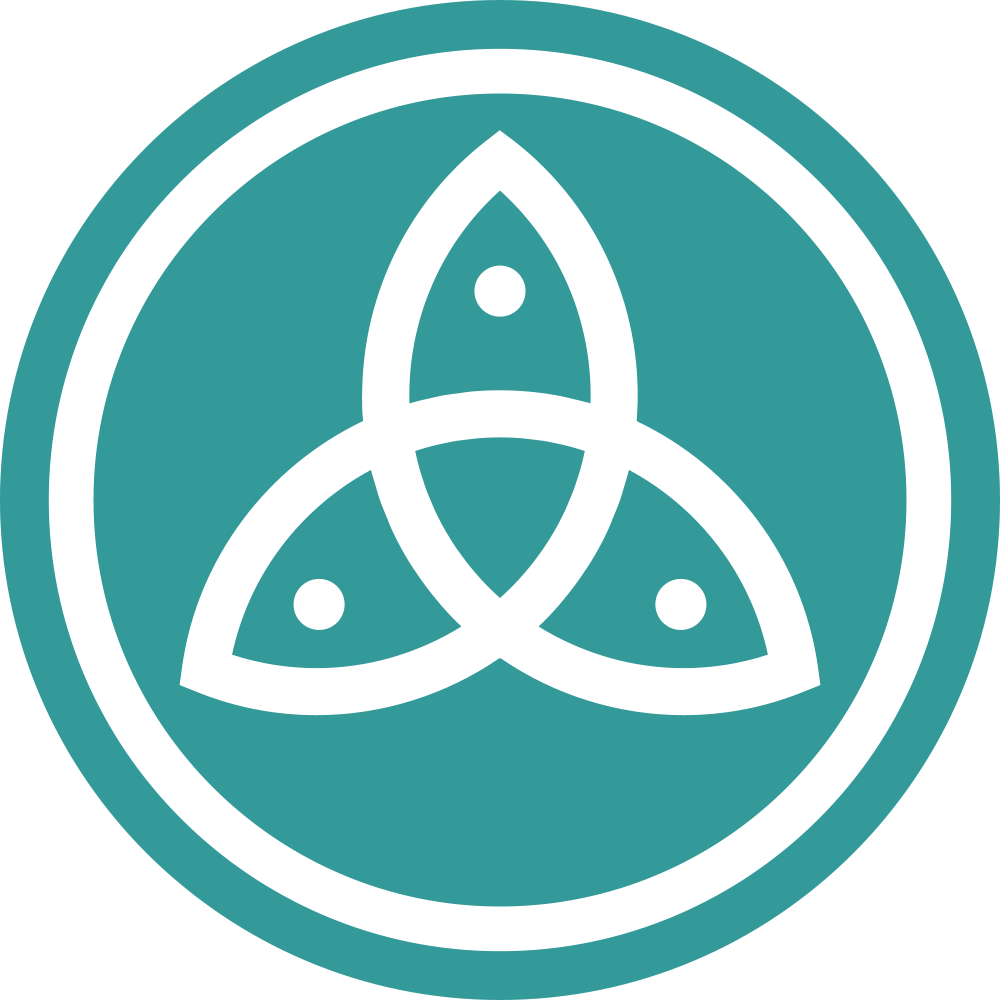 The Visayas State University - Tolosa Campus was established on September 11, 1971, and was formerly named Daniel Z. Romualdez Memorial School of Fisheries. It is situated in the coastal barangay of Tanghas, Tolosa, Leyte. The Goal of the Visayas State University-Tolosa Campus is "To spearhead in the region's socio-economic development through relevant fishery instruction, research, extension and production which will result in the proper utilization and management of fishery resources.
The Visayas State University - Tolosa Campus was established on September 11, 1971, and was formerly named Daniel Z. Romualdez Memorial School of Fisheries. It is situated in the coastal barangay of Tanghas, Tolosa, Leyte. The Goal of the Visayas State University-Tolosa Campus is "To spearhead in the region's socio-economic development through relevant fishery instruction, research, extension and production which will result in the proper utilization and management of fishery resources.
On August 14, 2009, the Commission on Higher Education has identified the Visayas State University (VSU) as National University/College of Fisheries (NUCF) for Region VIII under the National Agriculture and Fisheries Education System (NAFES) as mandated thru Republic Act no. 8435, otherwise known as the "Agriculture and Fisheries modernization act of 1997.
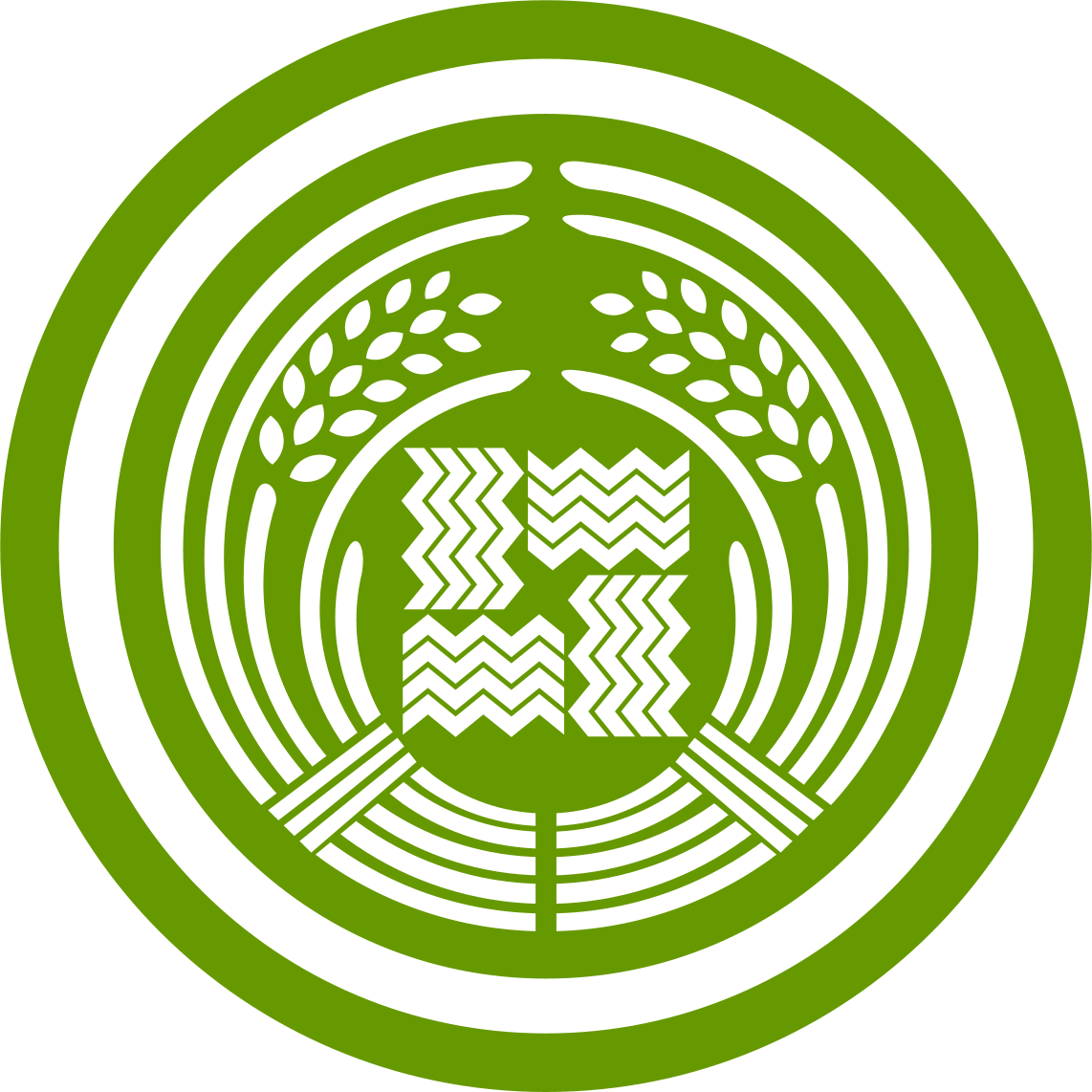 Visayas State University - Alangalang Campus is a higher education institution located in Brgy. Binongto-an, Alangalang nestled in the eastern part of the province of Leyte. It caters to the educational needs of the people in this part of the region. Its clients are mostly from the town of Alangalang as well as from the neighboring towns and other places in the region and in the country. It is a co-educational public higher education institution.
Visayas State University - Alangalang Campus is a higher education institution located in Brgy. Binongto-an, Alangalang nestled in the eastern part of the province of Leyte. It caters to the educational needs of the people in this part of the region. Its clients are mostly from the town of Alangalang as well as from the neighboring towns and other places in the region and in the country. It is a co-educational public higher education institution.
It was previously a CHED supervised institution until 1991 when it was mandated to be absorbed by Visayas State University, Leyte State University then as per order No. ____ so it became one of the satellite campuses of the said university located in Baybay, Leyte.
It started in 1971 as a secondary agricultural school, named Alangalang Agro-Industrial School with 6 faculty members and a handful of students who passed the entrance examination before they were taken in. After four years it offered a two-year Diploma in Agricultural Technology and after two years Bachelor of Science in Agronomy. The DAT became a ladderized course for the Bachelor of Agricultural Technology. Presently, Bachelor of Elementary Education, Bachelor in Secondary Education major in Math and Bachelor in Environmental Management is offered. It is also the center for the College of Environmental and Agricultural Technology.
Vision
Center of excellence in instruction, research, and extension in environmental management, agriculture and education in the region.
Mission
Attainment of highest quality human capital and scientific knowledge in environmental management, agriculture, and education for sustained growth and development.
Goals
To serve the development needs of the region, the College shall:
- Produce middle-level manpower in the environment, agriculture, and education.
- Generate knowledge and technologies in the environment, agriculture, and education through relevant research.
- Design and implement advocacy programs and projects for socio-economic development and ecological conservation.
- Encourage effectiveness, efficiency, and profitability in the varied operations of the college.
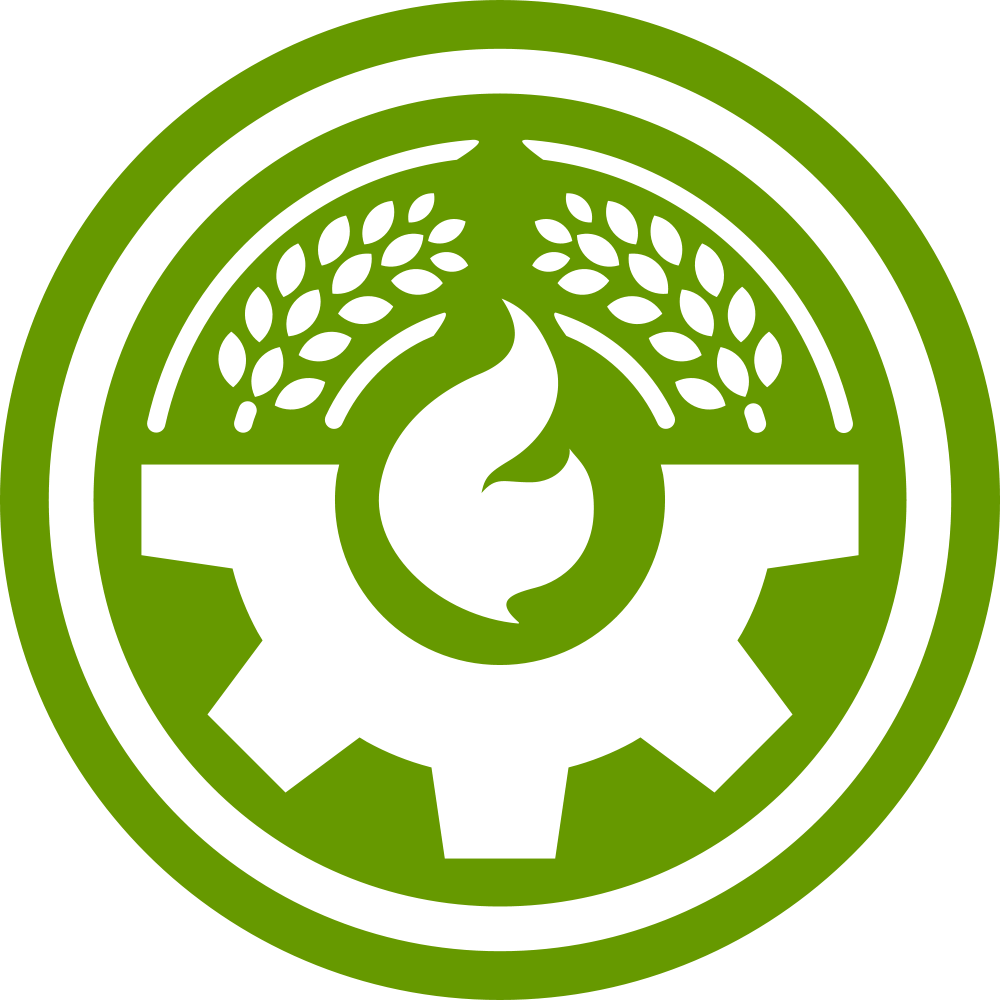 VSU-Isabel is located in the progressive town of Isabel, Leyte, which is 76 km northwest of the VSU Main Campus.
VSU-Isabel is located in the progressive town of Isabel, Leyte, which is 76 km northwest of the VSU Main Campus.
It was established on June 20, 1971, as Isabel Rural High School by virtue of the Republic Act 4583. Seven years after its inception, the school was converted into Isabel National Agricultural and Vocational School (INAVS).
The establishment of the Leyte Industrial Development Estate, a Special Economic Zone that has the Philippine Phosphate Fertilizer Inc. (PhilPhos) and the Philippine Associated Smelting and Refining Corporation (PASAR) has spurred the flourishing of the industries in the locality. The then vocational school responded by expanding its curricular programs to include post-secondary education in computer technology, automotive technology, elementary and secondary education, mechanical and industrial engineering, agri-business, and industrial electricity, in addition to the secondary vocational education curriculum, to meet the labor demands of the fast booming industries in the locality.
The school was integrated into the Visayas State University in 2000 as the College of Agri-Industrial Technology. The College had opportunely responded to the demands for competent and committed teachers, skilled industrial and mechanical engineers, information and computer technology experts, and agri-entrepreneurs. In 2008, the College was renamed College of Industrial Technology and Engineering since its curricular offerings were in response to the needs of industries.
 |
College of Fisheries (VSU-Tolosa Campus) |
 |
College of Industrial Technology and Engineering (VSU-Isabel Campus) |
 |
College of Environmental and Agricultural Technology (VSU-Alangalang Campus) |
 |
College of Education and Agricultural Technology (VSU-Villaba Campus) |
The Faculty of Humanities and Social Sciences is composed of five academic departments, namely, the Department of Biological Sciences (DBS), Department of Pure and Applied Chemistry (DoPAC), Department of Mathematics, Physics and Statistics (DMPS), Department of Liberal Arts and Behavioral Sciences (DLABS) Department of Computer Science and Technology (DCST).
Vision, Mision & Goals
Degree Offerings
Master of Science in Botany


